Don Letts stands at the epicentre of everything punk-reggae and spoke about his career with us on Saturday 2 March – buy tickets. Since the 1970s he has been living and defining the scene, armed with a movie camera and a prodigious talent.
“I was struck by the power of cinema to entertain, inform and inspire.” As a young black kid growing up in seventies London, it was watching the seminal Jamaican film The Harder They Come that made Don Letts consider becoming a filmmaker. “I was a first generation British-born black, and back then it was confusing. We knew what we sounded like, but there was no real visual accompaniment until this movie. It gave me this inkling that I wanted to express myself in a visual way, but the idea of a young black man being a filmmaker was ridiculous – we were supposed to be driving buses or delivering mail.” This seedling of an idea was further fed by the films of Nicolas Roeg, Sergio Leone and Martin Scorsese, all of whom incorporated music into their storytelling, and dub poet Linton Kwesi Johnson’s Five Nights of Bleeding. “That poem was like a script, and it had a heavy bassline. It made me visualise and think of music in a more cinematic way.”

Pic Shows: Goldie; Don Letts; Mick Jones; Paul Weller
Pic Credit: Dave Benett
At a time when his mates were picking up guitars, Don made a Super 8 camera his instrument of choice. In the true spirit of the scene, Don was self-taught, learning his craft as he went. DJing at the now infamous Roxy club in Covent Garden, he was on the front line of the punk rock explosion and with a desire to make films underpinned by music, he took as much footage of the bands as possible. But that’s not to say he had it all mapped out, “I was doing my thing, trying to get my shit together and just filming all the bands that I liked. Then one day I was reading the NME and it said, ‘Don Letts is making a movie’. I thought, ‘Shit, that’s a good idea.’ It was a total accident.”
It might have seemed like an unlikely match at the time, a young black man with a passion for reggae and dub and a lot of white punks, but Don points out that punk wasn’t just a musical movement that began and ended in the late seventies. “It’s a spirit, an attitude, with a long lineage. I saw that spirit in the punk rockers, and it in turn, made me realise that the reggae itself was a punk rock moment. Those [reggae] guys couldn’t do all that Eric Clapton stuff, but they could strum a few chords; Lee “Scratch” Perry’s sonic experiments with two four-track machines. That was very punk rock.” It’s this ethos that has informed Don’s entire career, “The thing I learned from punk rock was the whole DIY thing, turning a problem into an asset, using what you’ve got to get what you need. A good idea attempted is better than a bad idea perfected.”



